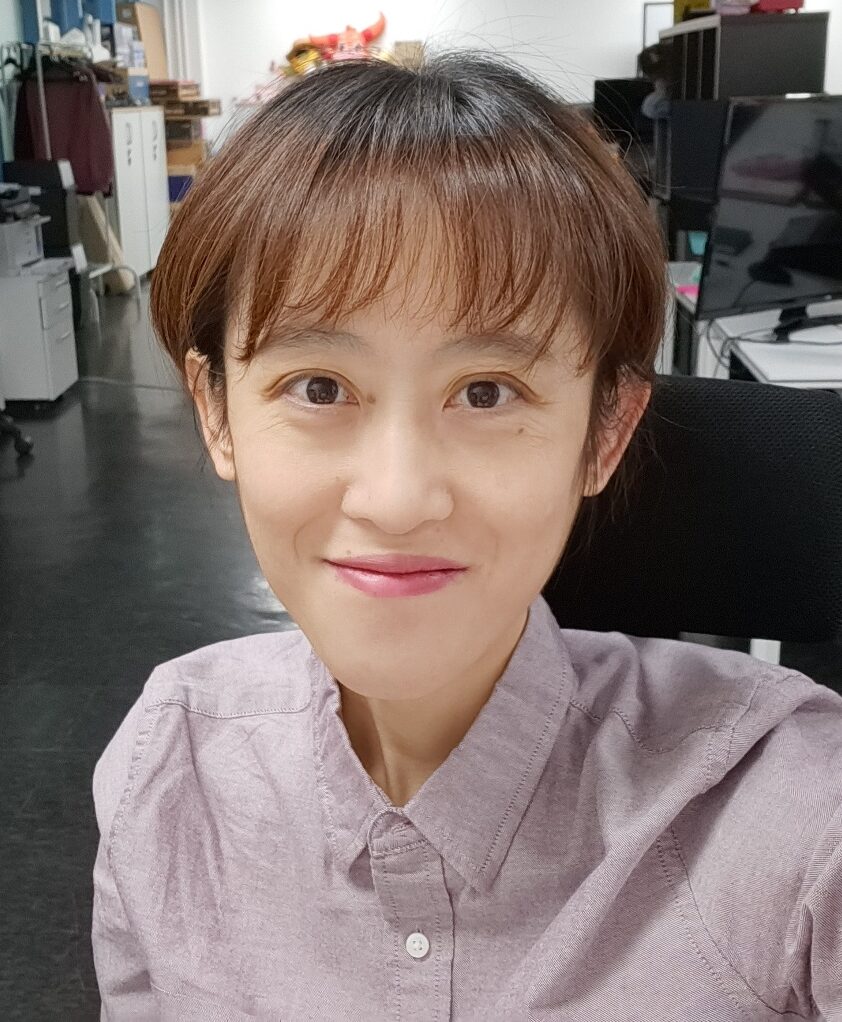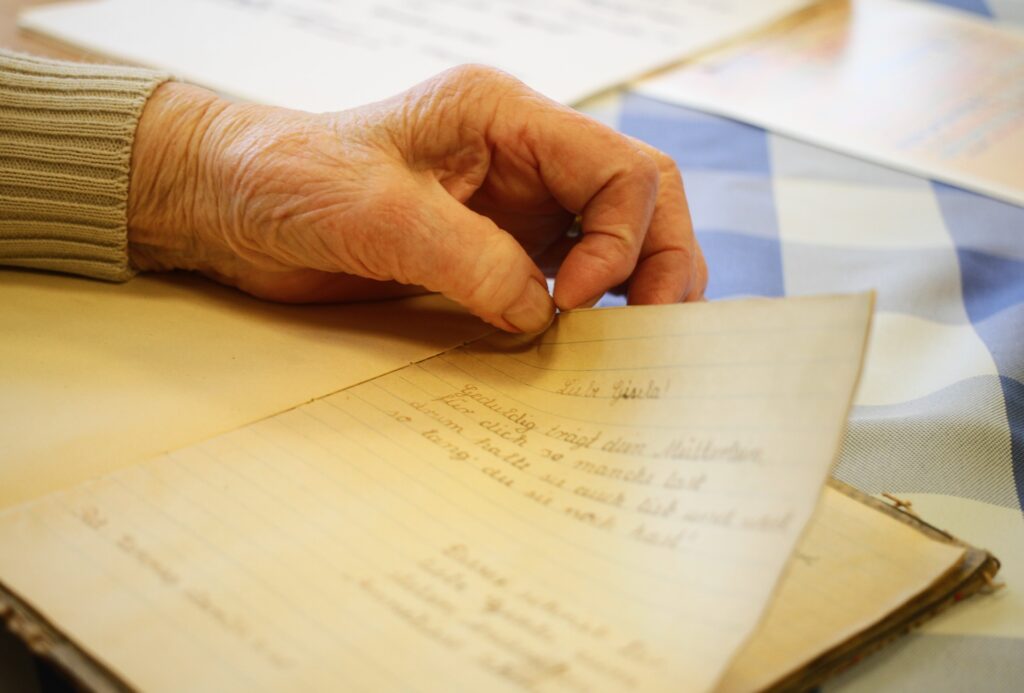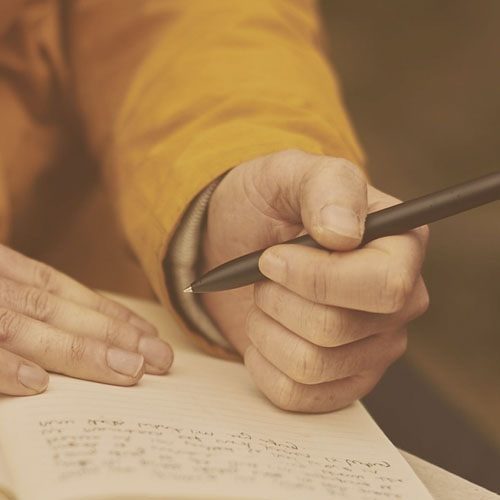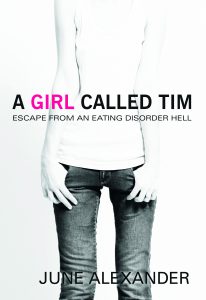Tag: life stories
An inside story about eating disorders in South Korea
I was a fixture at all students’ writing contests and didn’t expect to be congratulated with just mundane prizes, but from second grade in high school, I was unable to write. I could write only self-pitying, crappy things, bleak, fragmented poems and, above all, things the judges of student writing...
Encouraging our senior citizens to pick up their pens and reveal their gems
Writing about one’s life is like picking up a stone on a dusty gravel road and giving it a good rub to reveal the gem within. Besides writing books about eating disorders, I enjoy helping people discover their own special gem. My love of the written word began when I...
How a community art project opened Jean’s eyes to the world
If you ask Jean Downs what she has done with her life, she will probably say ‘not much’, because Jean is a quiet-living woman going about her daily life. Jean, who lives in the dairy town of Maffra, in East Gippsland, left school at age 15 to start work. Years...
Stories have a role in evidence-based science
By June Alexander Increasingly, stories have a role in science. For instance scientific eating conferences are becoming a sounding board for stories of recovery and ongoing healing. This month I attended the 26thinternational conference on eating disorders, convened by the Academy for Eating Disorders(AED). This year, more than 1400 registrations...
‘Your life is your story. Make it amazing.’
Binge-writing: The role of narrative in my eating disorder recovery By Ari Snaevarsson, guest blogger Whenever I think of the tools that were instrumental to my recovery, a few always come to mind: accountability through a support system, exercise that emphasized strength and not punishment, and meditation. But there was one...
Mapping the tides of our life through story-telling
By June Alexander Life-writing is simply telling a story from our life. Sounds simple, but depending on how deep we dare to plunge into our past, the process can spark a ripple effect that turn into tidal waves of emotion. When we write even a brief account of something we...










Recent Comments